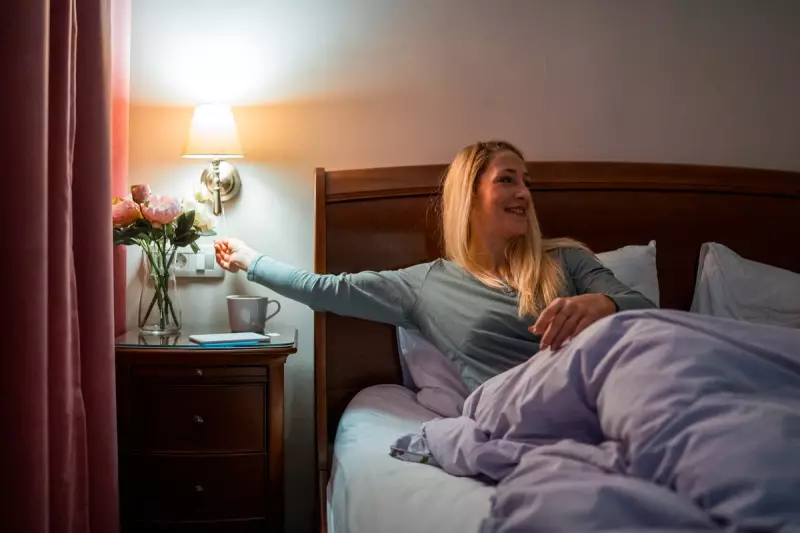
New scientific research has uncovered a startling truth about our sleeping habits: the time you go to bed could be more important than how long you sleep. According to experts, hitting the pillow before 1am is essential for proper mental and physical restoration, regardless of your total sleep duration.
The 1am threshold: Why timing matters
Researchers have identified a critical window for sleep that begins before midnight and extends through the early hours of the morning. Sleeping during this period appears to be fundamentally different from sleep obtained later in the night, with significant implications for how our bodies and minds recover.
Dr. Neil Stanley, an independent sleep expert, explains: "There does seem to be something special about sleep before 1am. When you sleep matters, not just how long you sleep."
The science behind sleep timing
Our bodies operate on a natural 24-hour cycle known as the circadian rhythm, which governs everything from hormone production to brain wave activity. This internal clock is particularly sensitive to sleep timing, with different sleep stages being more prevalent at different times of the night.
The research suggests that sleep obtained before 1am contains higher proportions of deep sleep and REM sleep, both crucial for:
- Memory consolidation and learning
- Physical repair and muscle growth
- Emotional processing and mental health
- Hormone regulation and metabolism
The modern sleep crisis
In today's 24/7 society, many people have shifted their sleep patterns later, often going to bed well after midnight. This trend is particularly concerning given the new findings about the importance of early sleep.
The consequences of consistently missing the 1am threshold can include:
- Increased risk of mental health issues
- Poorer cognitive performance
- Weakened immune function
- Metabolic disturbances
- Reduced emotional resilience
Practical steps for better sleep timing
If you're typically a night owl, don't despair. Sleep experts recommend gradually adjusting your bedtime earlier by 15-minute increments each night. Creating a consistent pre-sleep routine and limiting exposure to blue light from screens in the evening can also help reset your internal clock.
The key takeaway: While getting enough sleep is important, when you get that sleep could be equally crucial for your overall health and wellbeing.





